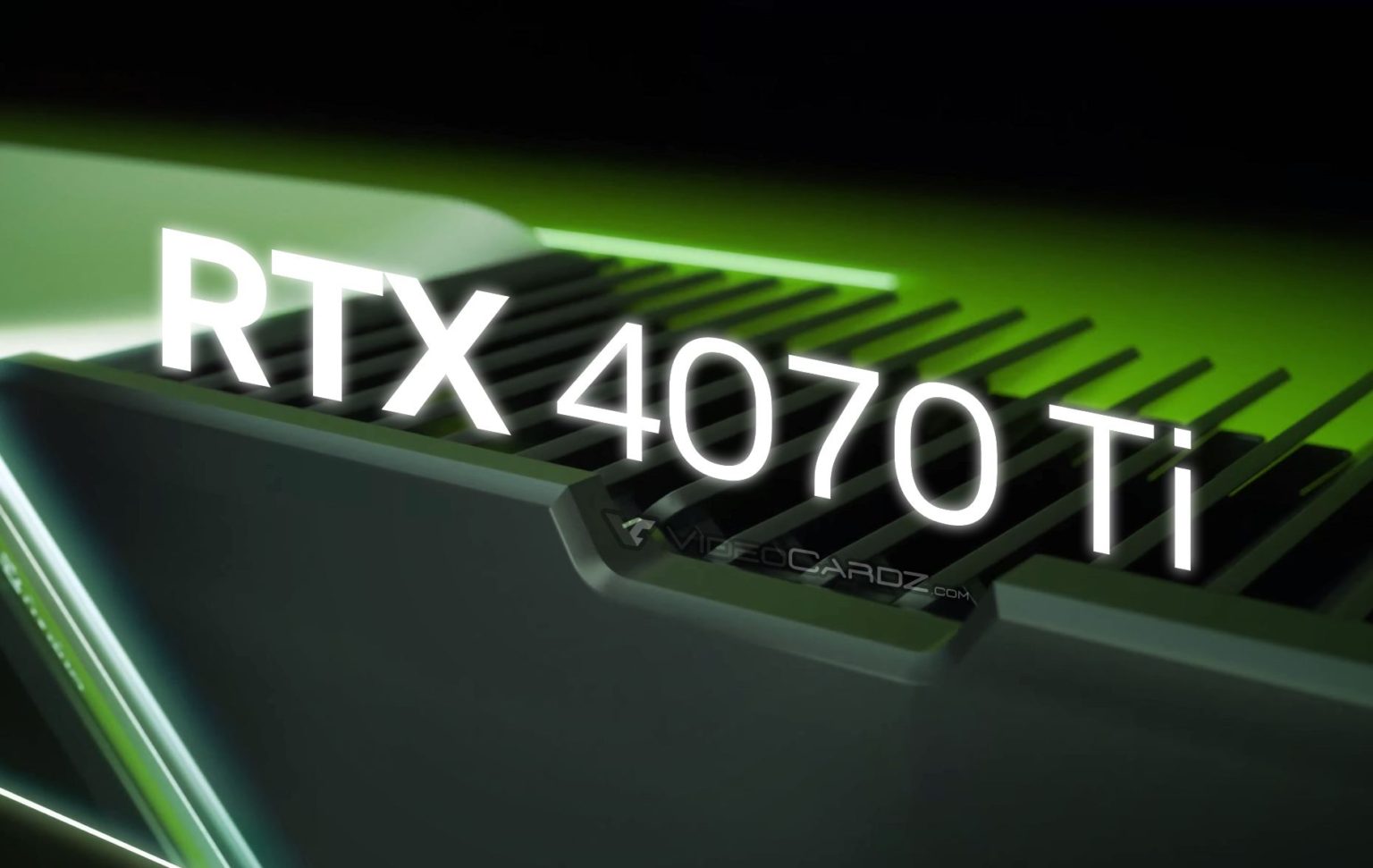|
Getting your Trinity Audio player ready...
|
Nvidia has released the GeForce RTX 4070 Ti desktop GPU, which is nearly identical to the previously announced but “unlaunched” GeForce RTX 4080 (12GB). Despite significant differences, the company had to backtrack and postpone its previously announced product because its name was confusingly similar to that of the GeForce RTX 4080 (16GB). Customer protests and negative press surrounding its name, as well as the possibility of intentional confusion, prompted Nvidia to announce that it would “relaunch” its product even after OEMs had prepared their products and marketing materials. The new GeForce RTX 4070 Ti graphics card will be available through OEM partners, and Nvidia will also sell its Founders Edition graphics card directly in India for Rs. 80,000. This is less than the anticipated price in its previous incarnation. In the United States, it costs $799, which is $100 less than the previously announced price.
The GeForce RTX 4070 Ti is based on the current-generation Ada Lovelace architecture and is said to outperform the GeForce RTX 3090 Ti in terms of specifications and performance ratings. On a 192-bit bus, it has 7,680 CUDA cores and 12GB of GDDR6X RAM. It has a TDP of 285W. Nvidia is heavily marketing its DLSS 3.0 technology for game upscaling. Apart from gaming, this GPU is said to provide 70% better performance in content creation applications than the GeForce RTX 3070 Ti, as well as a 2X speed boost when exporting edited video.
Although Nvidia hasn’t said when we can expect lower-priced mainstream GeForce RTX 40-series desktop GPUs, the company did reveal a full lineup of mobile GPUs during its CES 2023 online keynote. The new GeForce RTX 4090, GeForce RTX 4080, GeForce RTX 4070, GeForce RTX 4060, and GeForce RTX 4050 graphics cards are said to be up to three times more power efficient. Laptops based on these designs are expected to be announced at CES and in the coming months, with flagship models set to go on sale in the US beginning February 8 for $1,999 (approximately Rs. 1,65,455 before taxes) and mainstream models priced at $999 (approximately Rs. 82,685) beginning February 22.
The fifth-generation Max-Q optimization technology promises even better performance in thin and light laptops, as well as longer battery life due to more granular power state switching for memory.
